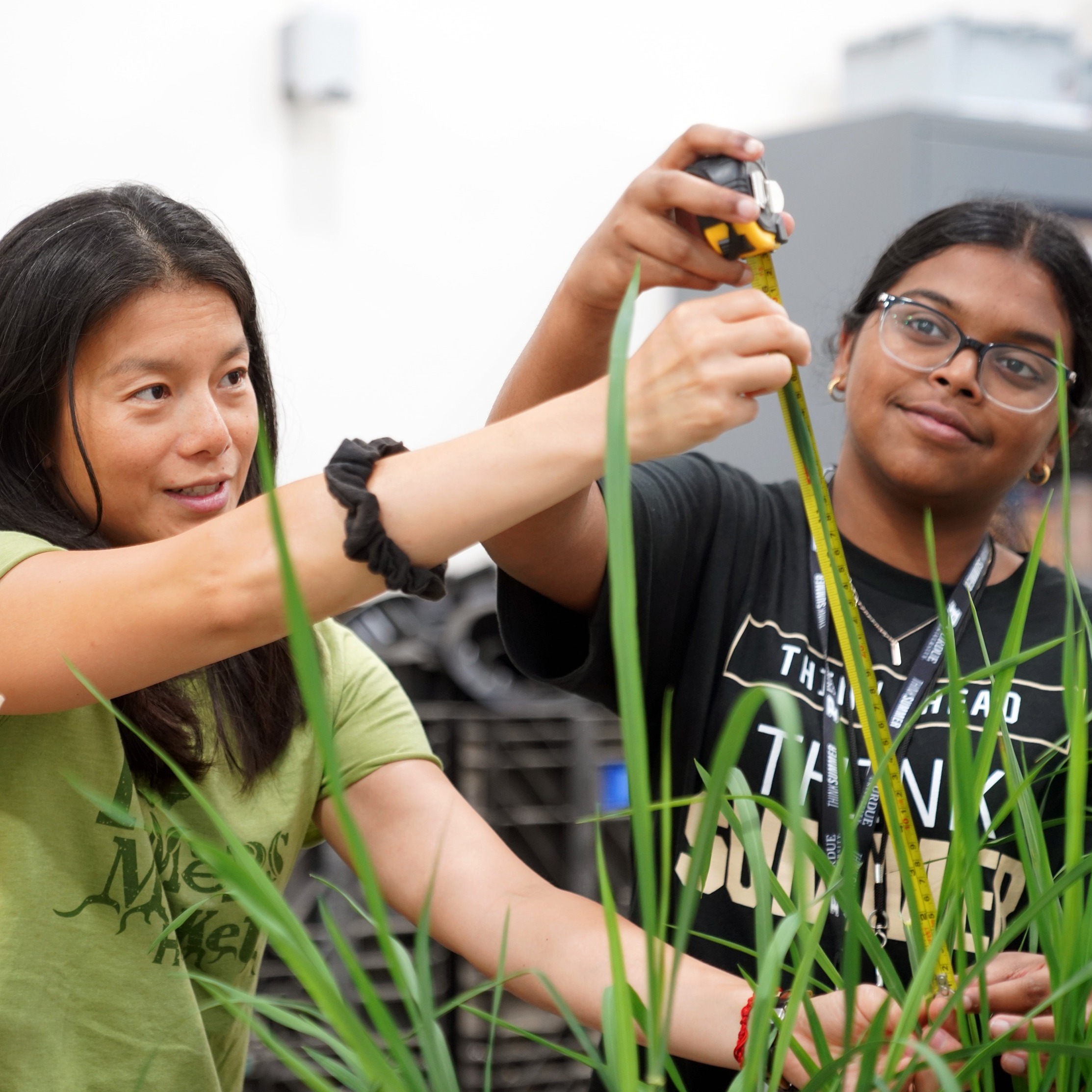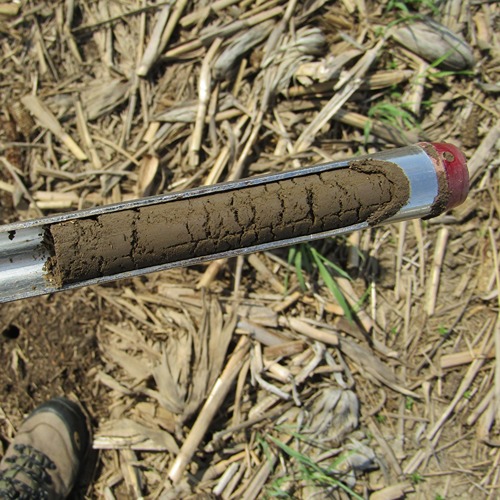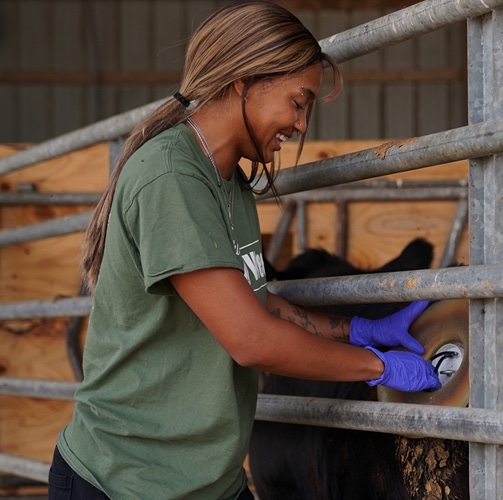A major facet of forestry and natural resources (FNR) professor Jake Hosen’s course work for Ecological Sensors and Data involves instructing students on how to utilize and navigate certain equipment, incorporating ecological sensors, like air quality monitors, into their own experimental designs. This was slated for the period after spring break when classes transitioned online due to COVID-19.
“I was nervous at first because the second part of this class was so hands-on and we suddenly weren’t going to be able to meet,” Hosen said. “I didn’t want to sacrifice that experience, so basically just bought my way out of the problem and sent every student an air quality monitor.” He’s developed a course website for students to collaborate . Hosen and his students now have their sensors streaming live air quality data to the web and are hard at work generating enhancements to their data dashboard (check out Indiana air quality for yourself at: http://ecosystemscience.io:3838/Data_Dashboard).
Hosen said students are expected to use the sensors to design their own experiments, collecting and analyzing data about air quality where they are now. While he is disappointed at the loss of class time with his students, Hosen said there are some benefits to students working with the sensors remotely. For starters, it makes them more likely to troubleshoot technical difficulties on their own instead of immediately e-mailing him. Part of this involves taking a cursory look at the data to understand if what they are collecting is logical, and, if it isn't, fixing any equipment errors.
“A ton of data doesn’t replace your brain,” Hosen added. “You can’t throw the sensors out there without solid underlying knowledge and a good experimental design.”
David Savage, a FNR Ph.D. candidate and student in Hosen’s class, is using his air quality sensor to supplement work he does with Bryan Pijinowski on soundscape ecology. Savage is tracking the sounds of the Richard D. Lugar Farm during the COVID-19 crisis to better understand the impact it is having on soundscapes. He also placed his air quality sensor at the same spot to see if there is any relationship between the forest’s soundscape and air quality.
“It will be interesting to see if the soundscape data track with the air quality data,” Savage said. He’s expecting to see air quality improve as wildlife begins to return in droves to the habitat, along with their chatter. “I’m a big believer in learning by letting things break and this has definitely been an experience on that front.” Unlike other students in the class who might have the sensors in or close to their homes, Savage doesn’t have his near a power source, jerry-rigging solutions to give the sensor several days’ battery life.
And it’s solutions and experiences like these that Hosen hopes his students will carry away from this experience and into their future careers and research.
“In addition to gaining necessary skills, I’m hoping this is a bit of a distraction for students,” Hosen continued. “I want this to be something they can dig their teeth into, that’s immersive. I think we all need something like that right now.”





